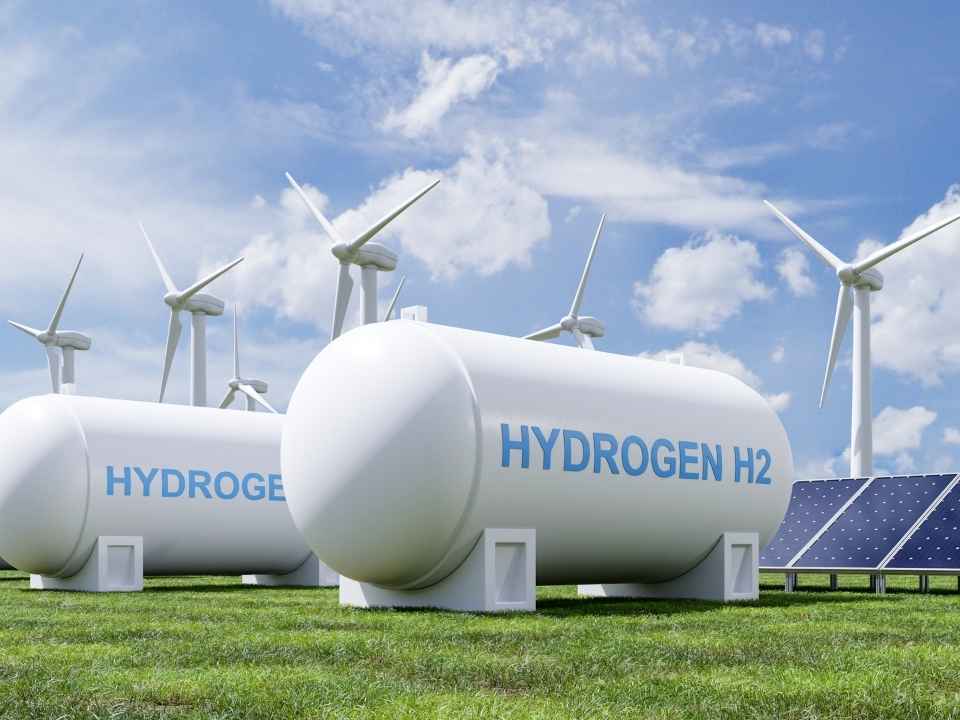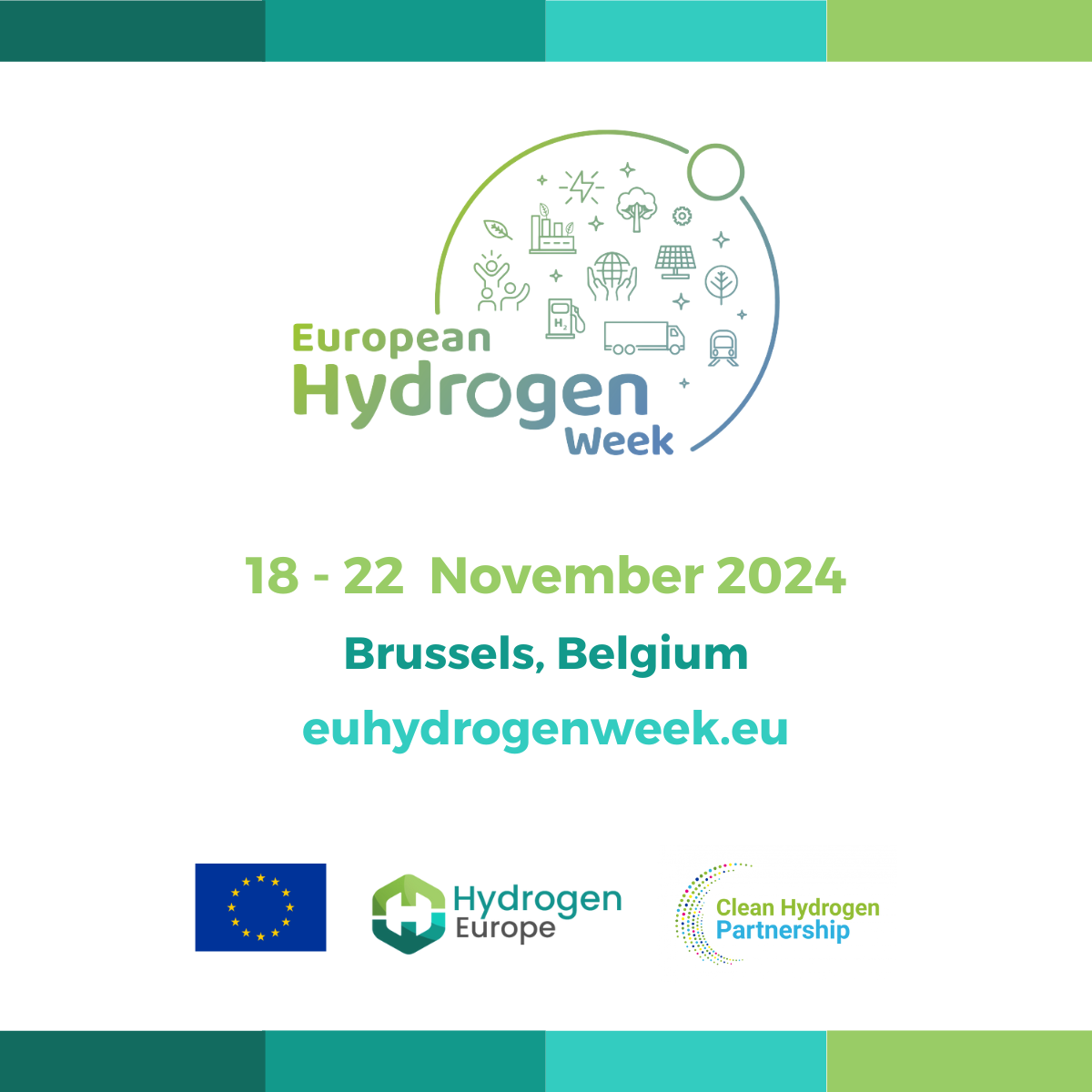
Open letter on revision of Weights & Dimensions Directive
18 December 2023
New Belgium EU Council presidency commits to international H2 trade
2 January 2024On the wings of COP28 in Dubai, Hydrogen Europe, the MENA Hydrogen Alliance, and the African Hydrogen Partnership strengthened their cooperation to speed up and scale up the energy transition with clean hydrogen.
The three organisations have committed to:
- Raise global clean hydrogen ambitions. The agreement to triple renewable energy capacity by 2030 and double energy efficiency, as well as to transition away from fossil fuels and phase out fossil fuel subsidies, is key to scaling up the abundant, cheap, and available renewable energy necessary for hydrogen uptake and close the economic gap between fossil fuels and clean hydrogen. As we head to COP29 in Baku, we must continue to work to support a dramatic scale up of new clean hydrogen and electrolyser production as a key decarbonisation tool. The three regional alliances are focusing on moving the industry from announcements to tangible projects by connecting producers and off-takers of green molecules, and developing critical infrastructure, to help meeting the net zero 2050 targets.
- Strengthen international finance for clean hydrogen and green infrastructure. According to the IEA, although global investment in energy transition technologies reached a new record of USD 1.3 trillion in 2022, yearly investments should more than quadruple to over USD 5 trillion to stay on the 1.5°C pathway. A significant part of future hydrogen demand will be traded across borders, changing the current geopolitical energy landscape. As the Middle East and Africa emerge as major hydrogen hubs for local use and export, significant investments in hydrogen infrastructure will be needed. Repurposing existing gas pipelines is a vital strategy for developing the hydrogen market, although logistical challenges remain. Large private sector investments are required by innovative solutions in concessional and impact finance to meet the scale of the challenge, including through the reform of multilateral development banks and international financial institutions.
- Develop enabling policy frameworks for clean hydrogen. COP28 saw the announcement of three key initiatives to unlock a global hydrogen economy: a new ISO standard on greenhouse gases (GHG) accounting for hydrogen, a declaration of intent for the mutual recognition of certificates, and the Public Private Action Statement on Unlocking Hydrogen Trade Corridors. The importance of harmonisation, standardisation and certification cannot be overstated. After COP28 ended in Dubai, work must continue to create transparent standards and certification schemes to underpin a global hydrogen market.
- Ensure clean hydrogen reduces economic risks and delivers for economic growth in the Global South. More than 80% of the global population lives in the Global South. Although it has huge potential for producing low-cost renewable energy, the lack of electric infrastructure will pose a challenge. Hydrogen is not only a necessity for decarbonising off-grid regions relying on fossil fuels but will also mitigate the economic risks of the energy transition by enabling economies to diversify investments across different energy technologies. The equitable collaboration between the Global North and South will be essential for achieving net zero in both regions in time, increasing energy access, transferring skills and knowledge and supporting socioeconomic development.
Collaboration is at the heart of the hydrogen market and of the partnership between Hydrogen Europe, the MENA Hydrogen Alliance and the African Hydrogen Partnership. The organisations will continue to work together to encourage hydrogen deployment and innovation through dialogue, common engagements and positions in international clean hydrogen fora.
Jorgo Chatzamarkakis, CEO of Hydrogen Europe: “Hydrogen is and must continue to be at the top of the international climate and energy agenda. We are delighted to continue working with the MENA Hydrogen Alliance and the African Hydrogen Partnership to accelerate hydrogen deployment and create the necessary conditions, from policy to standards, finance and infrastructure, to foster a global hydrogen economy that delivers for all.”
Frank Wouters, Chair, MENA Hydrogen Alliance & Cornelius Matthes, CEO at MENA Hydrogen Alliance: “Hydrogen is now on the international climate action agenda and has been recognised as an indispensable part of our clean energy future. What is required now are similar targets for hydrogen as for renewables and efficiency, as well as more concrete financing mechanisms, specifically for investments in the Global South. We are thrilled to continuing joining forces with Hydrogen Europe and African Hydrogen Partnership to accelerate the energy transition for the benefit of emissions reduction, energy security, affordability, and local content.”
Bamidele Adebisi, University Board Member, AHP: “At the African Hydrogen Partnership we are excited by our collaboration with Hydrogen Europe, the MENA Hydrogen Alliance to facilitate real hydrogen projects in Africa, Europe and the Middle East, and what that means to the African continent: risk reduction, industrialization, flexibility, job creation, poverty eradication, and future opportunities for the next generation.”



